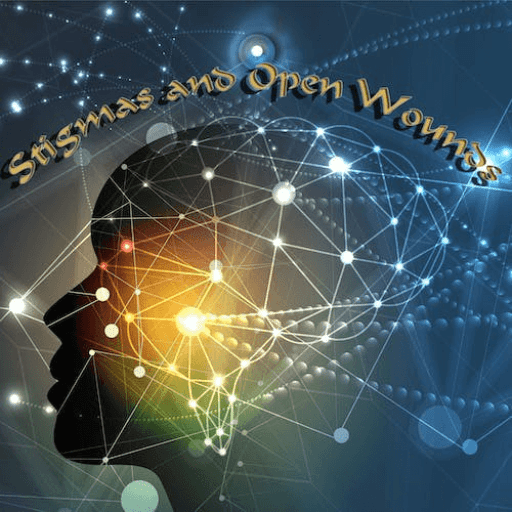Episode 14: Unraveling the Mysteries of Neanderthals: Insights from Our Ancestors Part 2
Introduction
Have you ever wondered about the connection between our ancient ancestors and our modern lives? The fascinating interplay between Neanderthals and Homo sapiens has intrigued scientists and casual observers alike. In a recent podcast episode, hosts Eric and Traci delved into the science behind our genetic makeup, particularly focusing on a so-called “magical gene” that may hold the key to understanding our behaviors and traits. This blog post will explore the insights shared in the episode, shedding light on how our Neanderthal heritage influences us today.
The Neanderthal Connection
Neanderthals, our closest extinct relatives, roamed the Earth alongside early Homo sapiens. Recent studies have revealed that interbreeding occurred between these two species, leading to the presence of Neanderthal DNA in modern humans. This genetic inheritance is not just a relic of our past; it plays a significant role in shaping our physical and psychological traits.
Traci referred to a particular gene as the “jazz hands” of genetics, suggesting that it adds a flair to our lives. This gene may contribute to traits such as creativity, risk-taking, and even a propensity for addiction. While some may view these characteristics as positive, they can also lead to challenges, such as difficulties in maintaining stable relationships or managing impulses.
The Science Behind the Gene
The podcast highlighted the importance of understanding how this gene functions within our bodies. For instance, individuals with certain Neanderthal genes may experience variations in dopamine levels, which can affect mood and motivation. This is particularly relevant for those who take medication to stabilize dopamine, as they might find life less exciting or fulfilling. The hosts emphasized the need for balance—finding a middle ground between being overly medicated and experiencing the thrill of life.
Moreover, the discussion touched on the implications of having a Neanderthal gene for parenting and social interactions. The hosts speculated on how these traits might influence our ability to raise children and form connections with others. The idea that our genetic makeup can impact our relationships is both intriguing and complex, prompting further exploration into the role of genetics in our daily lives.
The Role of Environment and Experience
While genetics play a crucial role in shaping who we are, the podcast also underscored the importance of environment and personal experiences. Our upbringing, social circles, and life events can significantly influence how our genetic traits manifest. For example, someone with a Neanderthal gene may thrive in a creative environment that encourages risk-taking, while another person may struggle if their surroundings are overly restrictive.
This interplay between genetics and environment highlights the need for a holistic approach to understanding human behavior. It’s not just about the genes we inherit; it’s also about how we navigate the world around us.
Conclusion
The exploration of Neanderthal genes offers a captivating glimpse into our shared history and its impact on our present. As we continue to unravel the mysteries of our genetic makeup, it becomes clear that our ancestry is more than just a footnote in history; it is a living part of who we are today. The insights shared in the podcast remind us that while our genes may influence our traits and behaviors, it is ultimately our choices and experiences that shape our lives.
As we move forward, let’s embrace the complexity of our genetic heritage and recognize the unique blend of traits that make us human. Whether you find yourself resonating with the “jazz hands” of creativity or grappling with the challenges of impulsivity, remember that understanding our past can empower us to navigate our future with greater awareness and intention. So, the next time you ponder your quirks and characteristics, consider the ancient echoes of Neanderthals that may still be dancing within you.
